Why do mosquitoes love me? 5 home hacks to keep them at bay
Threatened by the notorious pest? These expert tricks will keep them under control in (and around) your home

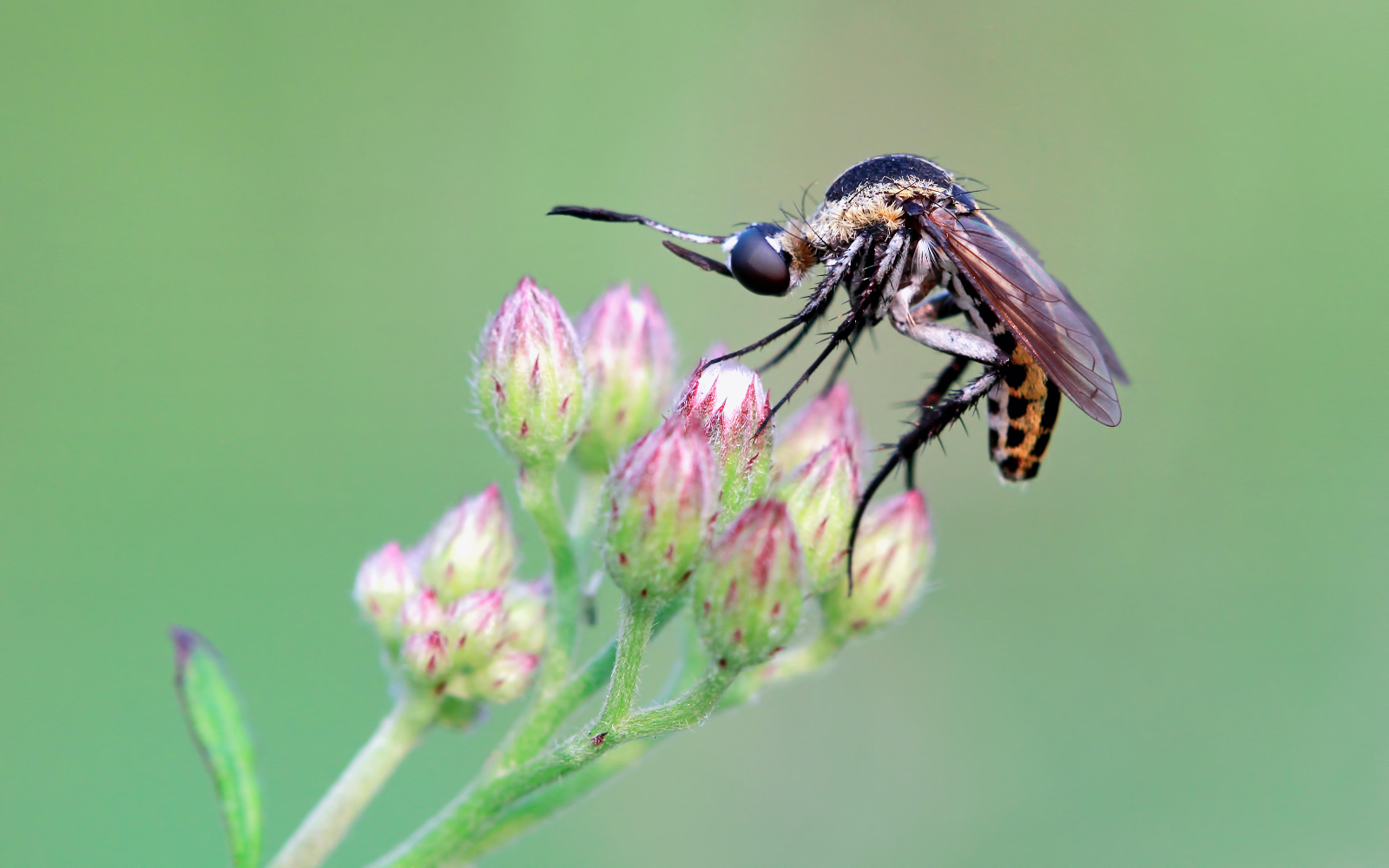
Design expertise in your inbox – from inspiring decorating ideas and beautiful celebrity homes to practical gardening advice and shopping round-ups.
You are now subscribed
Your newsletter sign-up was successful
Want to add more newsletters?

Twice a week
Homes&Gardens
The ultimate interior design resource from the world's leading experts - discover inspiring decorating ideas, color scheming know-how, garden inspiration and shopping expertise.

Once a week
In The Loop from Next In Design
Members of the Next in Design Circle will receive In the Loop, our weekly email filled with trade news, names to know and spotlight moments. Together we’re building a brighter design future.

Twice a week
Cucina
Whether you’re passionate about hosting exquisite dinners, experimenting with culinary trends, or perfecting your kitchen's design with timeless elegance and innovative functionality, this newsletter is here to inspire
Why do mosquitoes love me? You may ask yourself this question if you've suffered the sensation of a bite – or you've spent this season nursing irritable itches.
If you've read up on how to get rid of mosquitoes, it is likely that you and your home are already less attractive to summer's most annoying pest. However, even with the right prevention methods, you are unfortunately not guaranteed protection. And while it is important to know what keeps mosquitoes away – it is equally vital to know what attracts this insect – and, consequently, what to avoid to stay bite-free for the remainder of their season.
Why do mosquitoes love me?
The primary way mosquitoes find their human victims is by the smell of sweat. 'According to various studies, mosquitoes are attracted specifically by such sweat elements as lactic acid and ammonia,' says Nicholas Martin, founder of Pest Control Hacks.
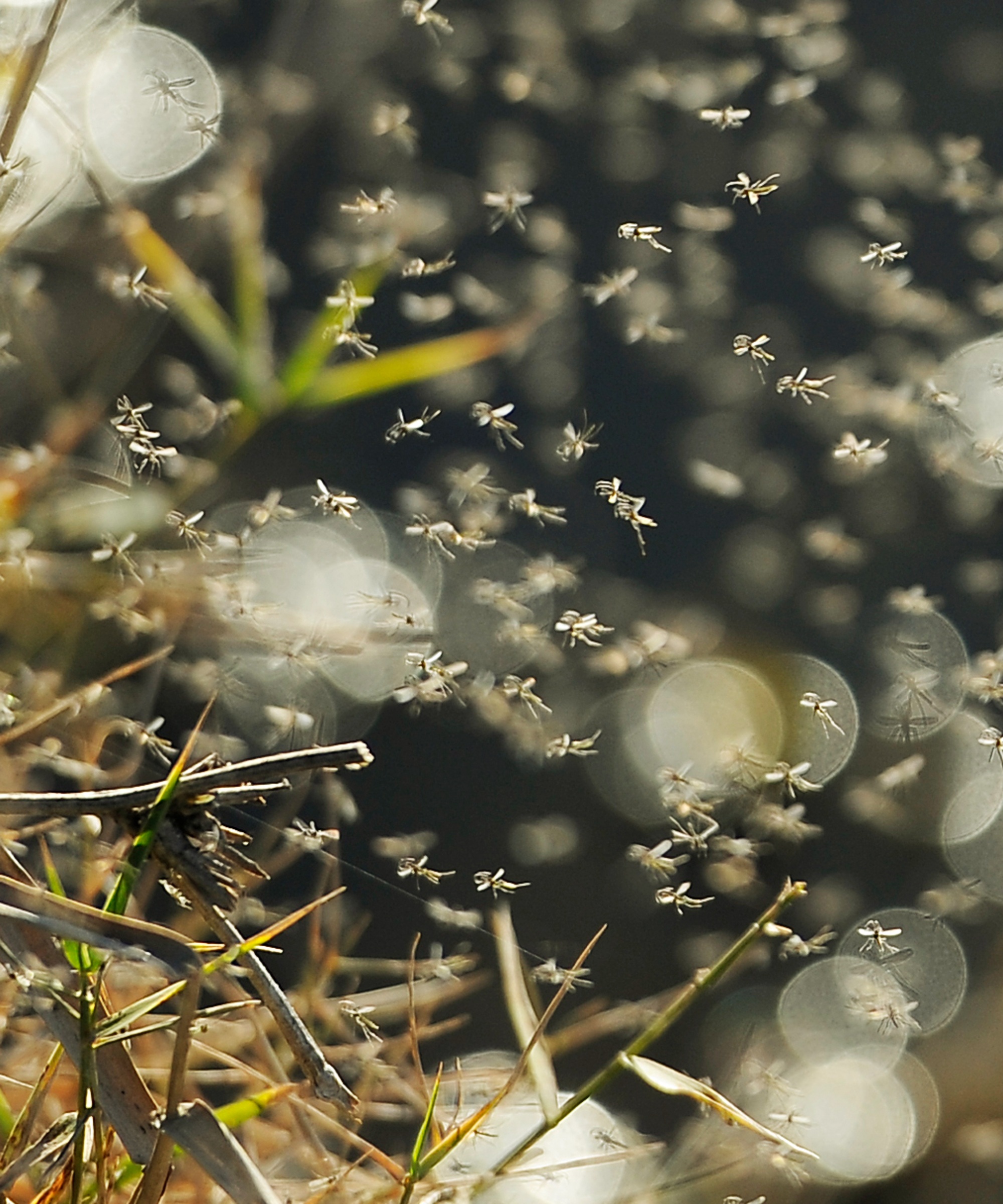
Similarly, Mike Duncan, trainer and quality assurance manager at Truly Nolen of America, reinforces their attraction to sweat. He says that 'mosquitoes are attracted to people with perspiration' – alongside those with a higher body temperature. Therefore, exercising outside during prime mosquito season is probably best avoided.
Mike explains that studies also suggest that mosquitoes are attracted to people with an O blood type and those drinking certain types of alcohol. 'This one may be a surprise, but mosquitoes tend to be attracted to people drinking beer,' Mike says.
You may also know that there are colors that attract mosquitoes into the home – most prominently dark tones like black, navy, and red.
5 home hacks to keep mosquitoes away
Investing in mosquito repellent plants is one of the aesthetic ways to deter the pest in your home. However, there are even more expert-approved tricks to regain control over your house for as long as mosquitoes stay around.
Design expertise in your inbox – from inspiring decorating ideas and beautiful celebrity homes to practical gardening advice and shopping round-ups.
1. Add essential oils to your bath
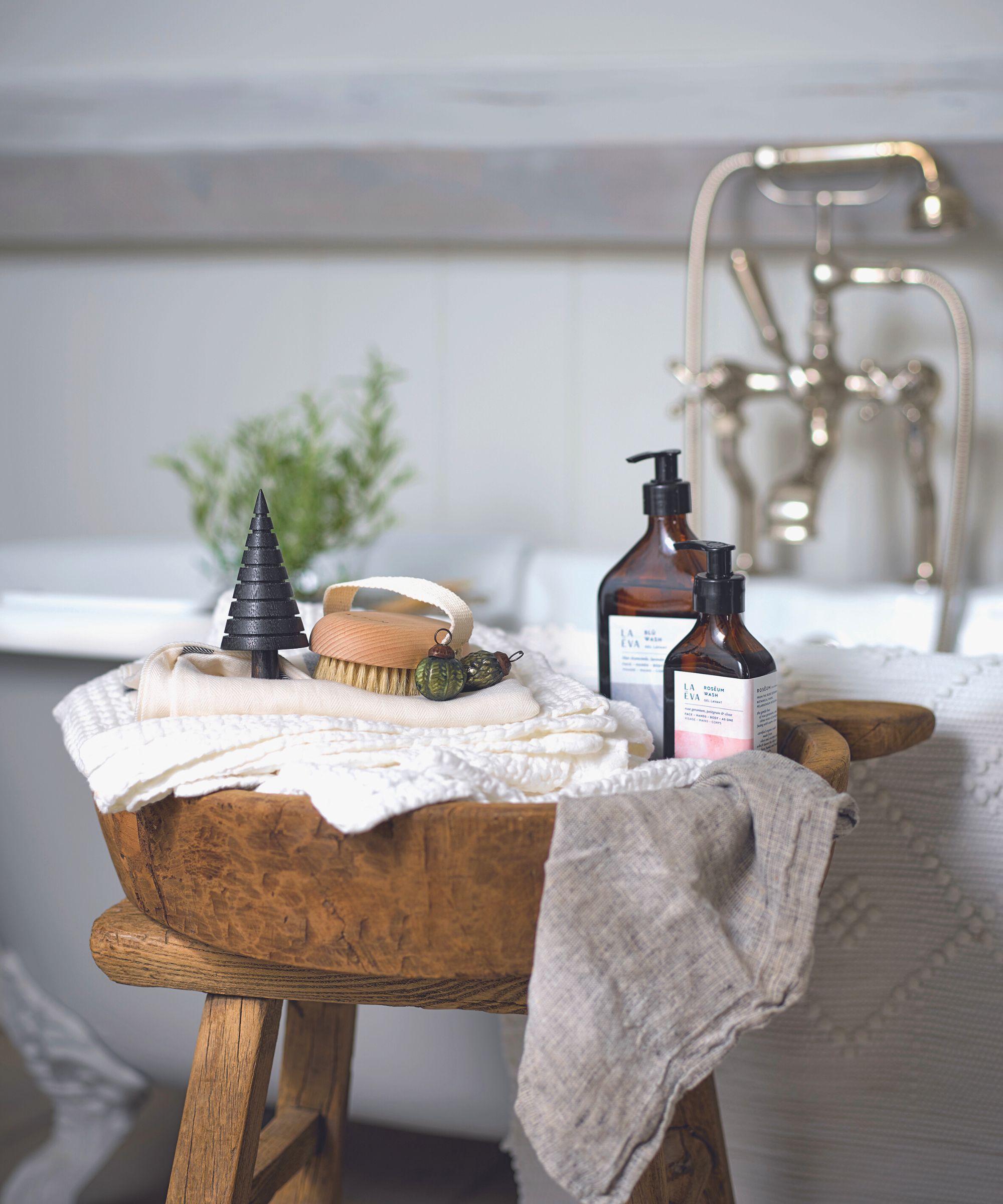
You may know there are some scents that deter mosquitoes – so it is inevitable that adding them to your bath has its benefits.
Nicholas recommends bringing essential oils, such as lemon, lavender, and bergamot, into your bathing routine – to enjoy its therapeutic and pest-repellent benefits. 'This tip came to us from India, where many regions are heavily infested with infectious mosquitoes,' he says.
2. Use fans indoors and outdoors
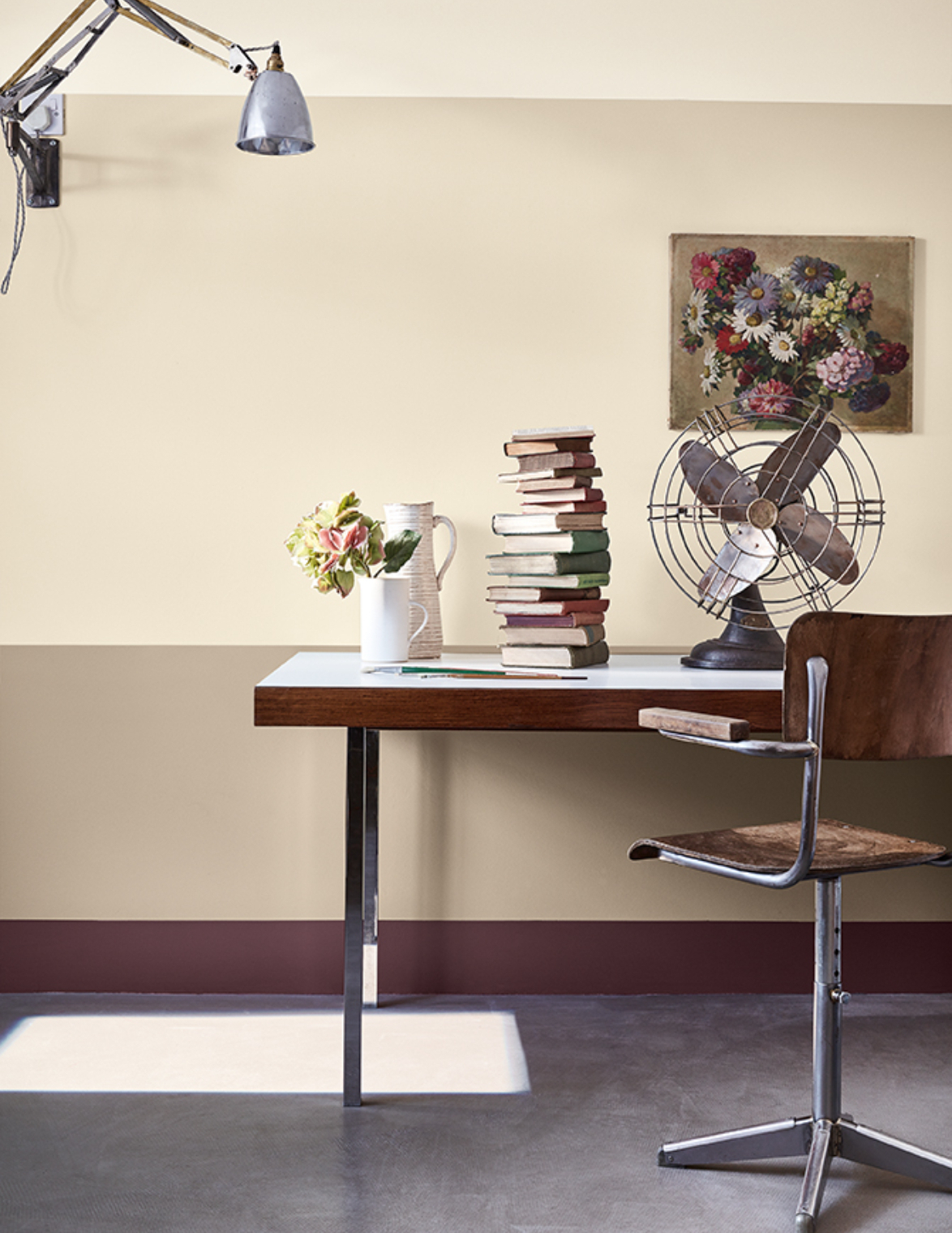
The question of whether fans keep mosquitoes away has a way of dividing expert opinion. However, many, like Nicholas, argue that mosquitoes 'hate wind of any kind' – meaning your best fan will keep you cool and possibly prevent bites, too. For maximum security, you should install plants in areas of opportunity in your home – such as near open windows and doors.
3. Maintain your lawn
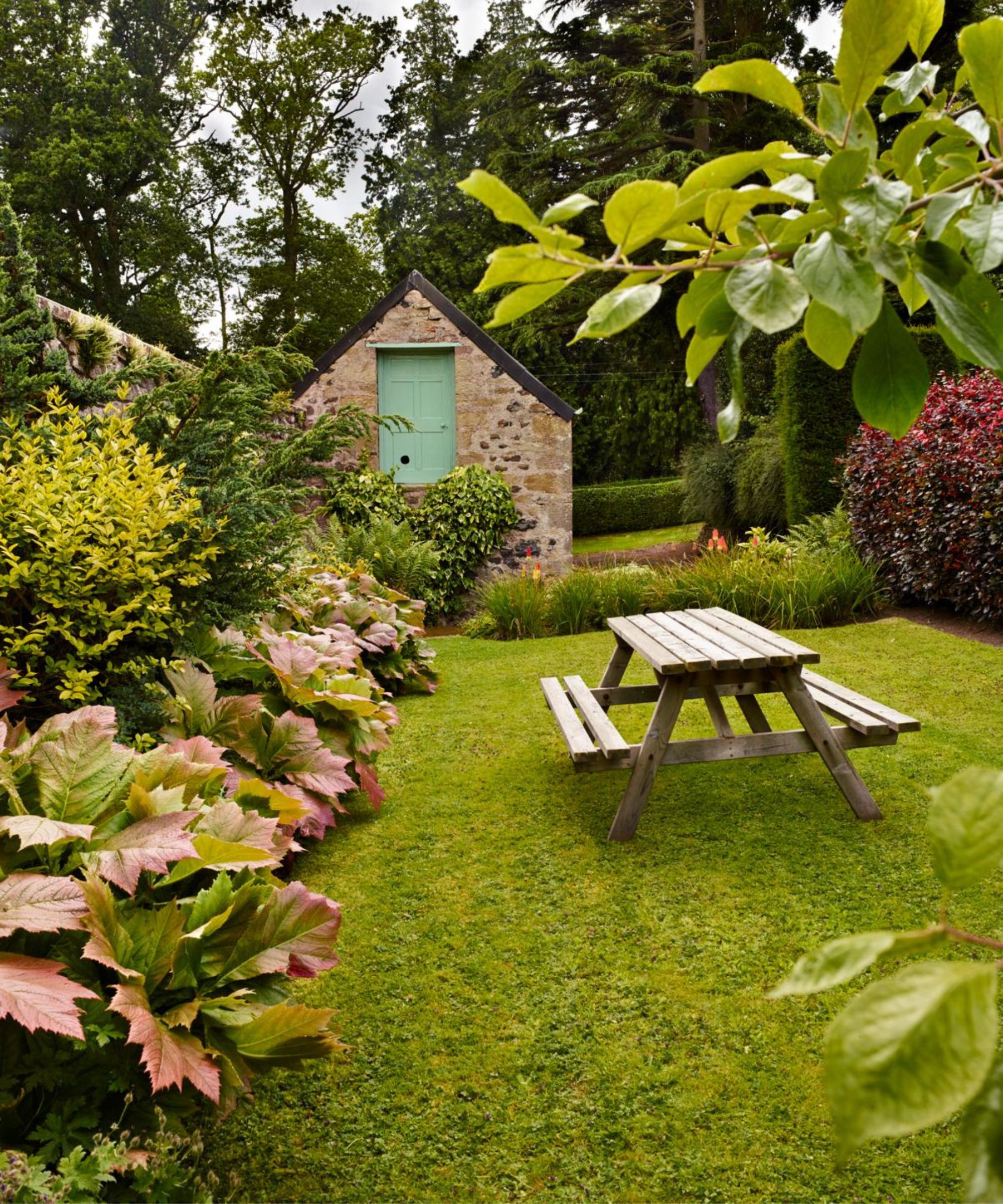
You may want to keep your grass cut and maintained to enjoy a healthy green patch for the remainder of the summer and early fall. And while this process is good-looking, it has mosquito repellent benefits, too.
Mike Duncan recommends keeping your grass and underbrush cut back around your home – adding that 'mosquitoes generally will only fly a short distance for a blood meal.'
4. Avoid standing water

All mosquitoes love water, so limiting all stagnant water in your home and garden is important. Mark suggests checking containers around the perimeter of your home for standing water to eliminate anything that may be attracting the insect to your space.
'This includes potted plants with catch basins at the bottom that holds water, which is a perfect place for breeding mosquitos,' he says.
5. Invest in chemical and electrical traps
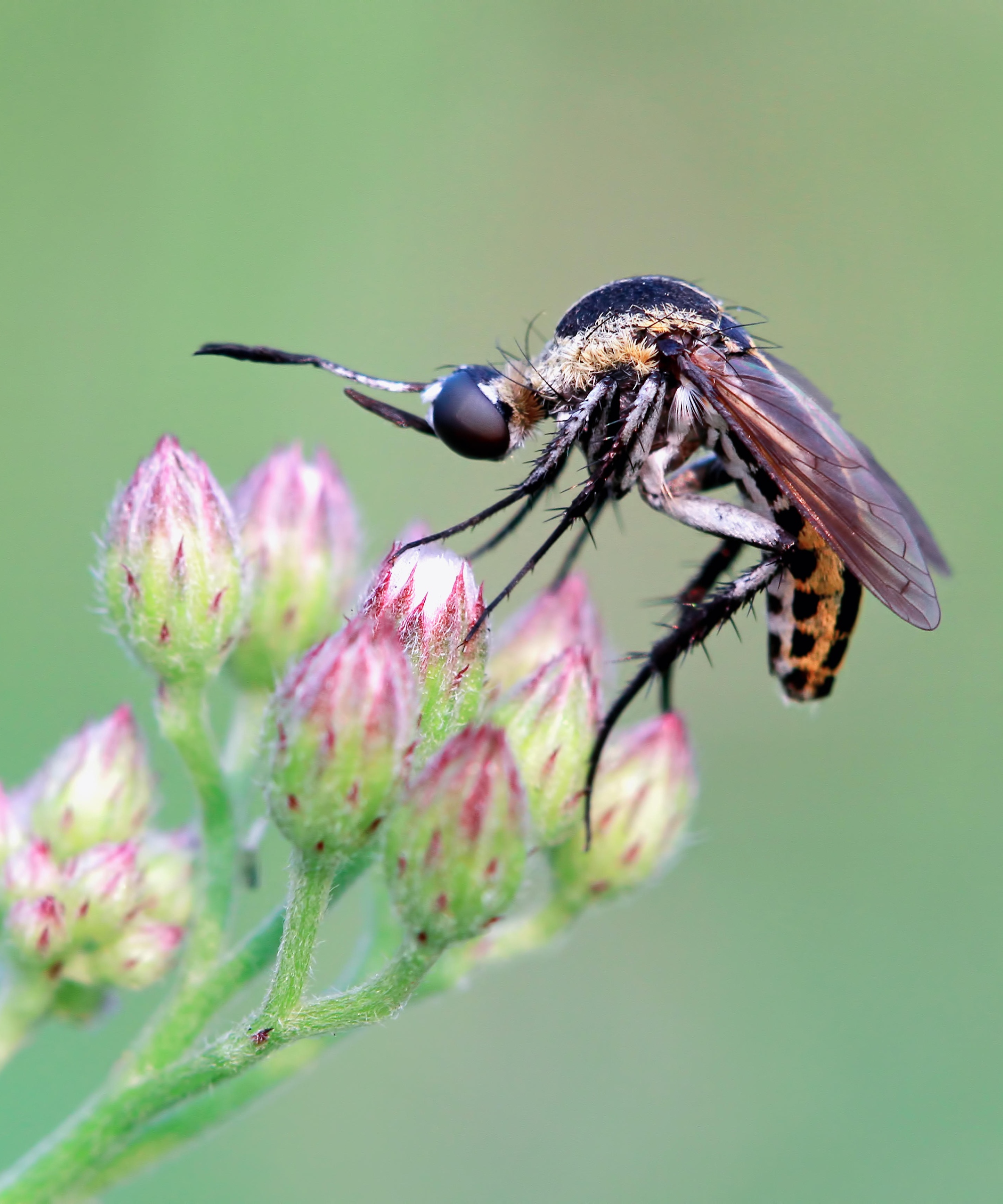
Electronic mosquito traps [such as this one on Amazon] are amongst the most successful ways to deter and kill as many insects as possible. Though, if you'd rather look for something more natural, Zack DeAngelis, CEO of Pest Pointers, suggests using a DEET-based insect repellent [such as this one, also on Amazon].
'DEET (N,N-Diethyl-meta-toluamide) helps to mask our scent to mosquitoes and other biting insects, causing them to not sense us at all and stay away,' he says. 'It's a widespread ingredient in many insect repellents where you can typically find a popular DEET-containing brand at your local store.'
How can I be less attractive to mosquitoes?
Following the tips above will likely limit mosquito activity and lower your chances of being bitten in your home. You can also make your plants attractive by making a homemade bug spray using staple home ingredients (such as liquid soap) alongside commercial DEET sprays (for personal use), as explained by the experts above.

Megan is the Head of Celebrity Style News at Homes & Gardens, where she leads the celebrity/ news team. She has a history in interior design, travel, and news journalism, having lived and worked in New York, Paris, and, currently, London. Megan has bylines in Livingetc, The Telegraph, and IRK Magazine, and has interviewed the likes of Drew Barrymore, Ayesha Curry, Michelle Keegan, and Tan France, among others. She lives in a London apartment with her antique typewriter and an eclectic espresso cup collection, and dreams of a Kelly Wearstler-designed home.